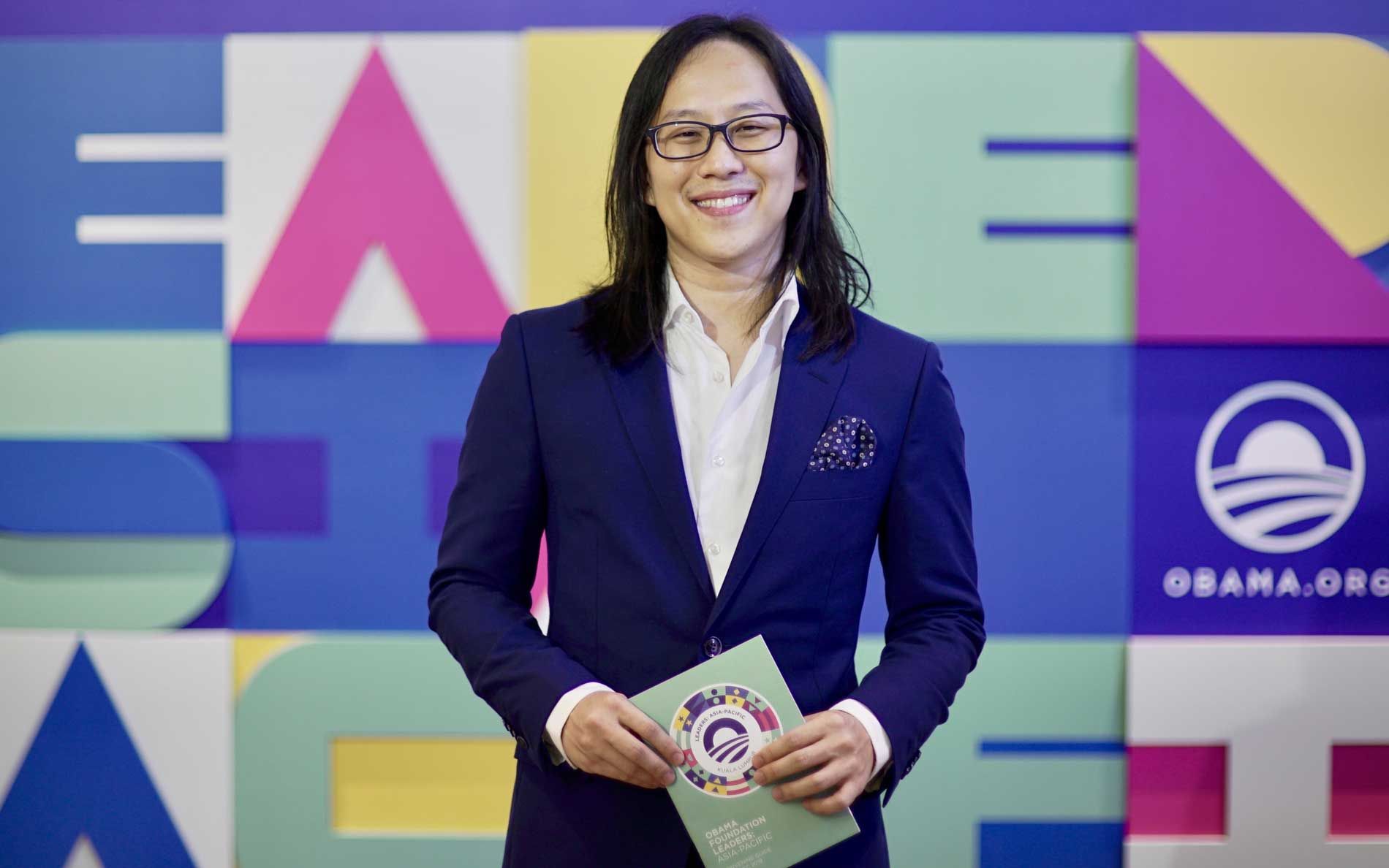Award-winning investigative journalist Ian Yee on how journalism has the power to change lives
In the What Matters To Me series, a Generation T honouree describes what they do, why they do it, and why it matters.
Investigative journalist Ian Yee never set out to be a reporter. When he joined The Star, a Malaysian English-language newspaper, he thought it would be no more than a temporary job while he waited to do his master's degree in finance.
He joined R.AGE, the youth and lifestyle section of The Star, as a cadet journalist, and the words of his then-editor, Ivy Soo, changed his perspective on journalism. She told the R.AGE team to think about bigger social issues and advocate for real change, convincing him to stay on in the profession.
Though R.AGE started out as a section that mostly reported on entertainment news in the college scene, Yee worked his way up to become the section’s editor in 2014 and decided to take R.AGE into a bold new direction: investigative journalism. His proposed pivot—in-depth investigative stories in a video documentary format—was initially met with resistance.
Fortunately for Yee, his persistence paid off when the paper's CEO believed in his vision. People started to take notice of the quality of R.AGE's reporting, which eventually led to the section winning awards such as the Asian Media Awards, the SOPA Awards for Editorial Excellence and the World Digital Media Awards.
In his own words, Yee discusses the role of the media and the future of his profession.
See also: Pan Jia Wern Is Harnessing Big Data To Combat Cancer In Asian Patients
When I took over as editor of R.AGE in 2014, I proposed to revamp the section to focus exclusively on investigative journalism. The idea was to produce video documentaries on hard-hitting social issues that are targeted at younger audiences. My idea was shot down multiple times because nobody thought young readers would be interested in these stories. But we pushed hard for it because we strongly believed that Malaysia needed more impact-driven investigative journalism and that young people would be the perfect champion for it.
Things took off quickly after our first documentary. We investigated an alarming series of child deaths in an Orang Asli (Indigenous people) village, which made national headlines. Our “big break”, however, came after our second major investigation, Predator In My Phone, where we spent six months undercover, exposing child sex predators. The story had a massive impact and led to new laws against child sexual crimes. Before long, funds started to come in and brands wanted to work with us.
I think many advertisers and brands are wisening up to the fact that it is not all about attracting the most number of page views. If you are a brand that wants to build genuine brand loyalty with customers, you need to do more than place an ad on a website. It takes quality engagements with the audience and making a difference in your customers' lives beyond just selling them a product.
See also: This Is How You Can Thrive In A Hybrid Work Environment
